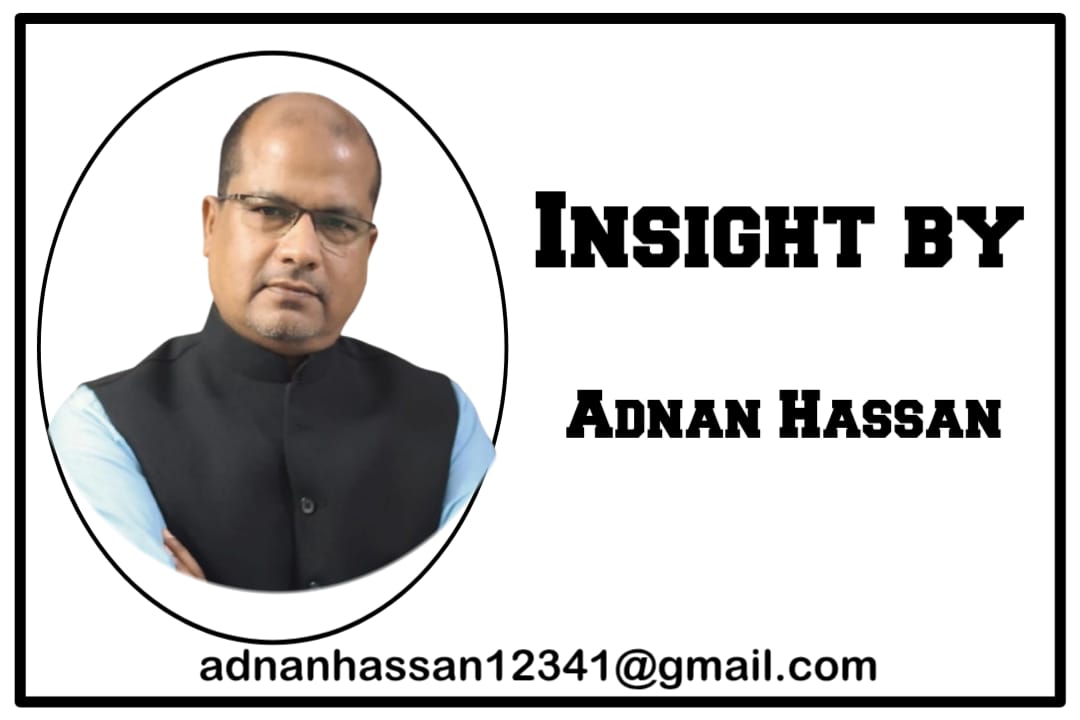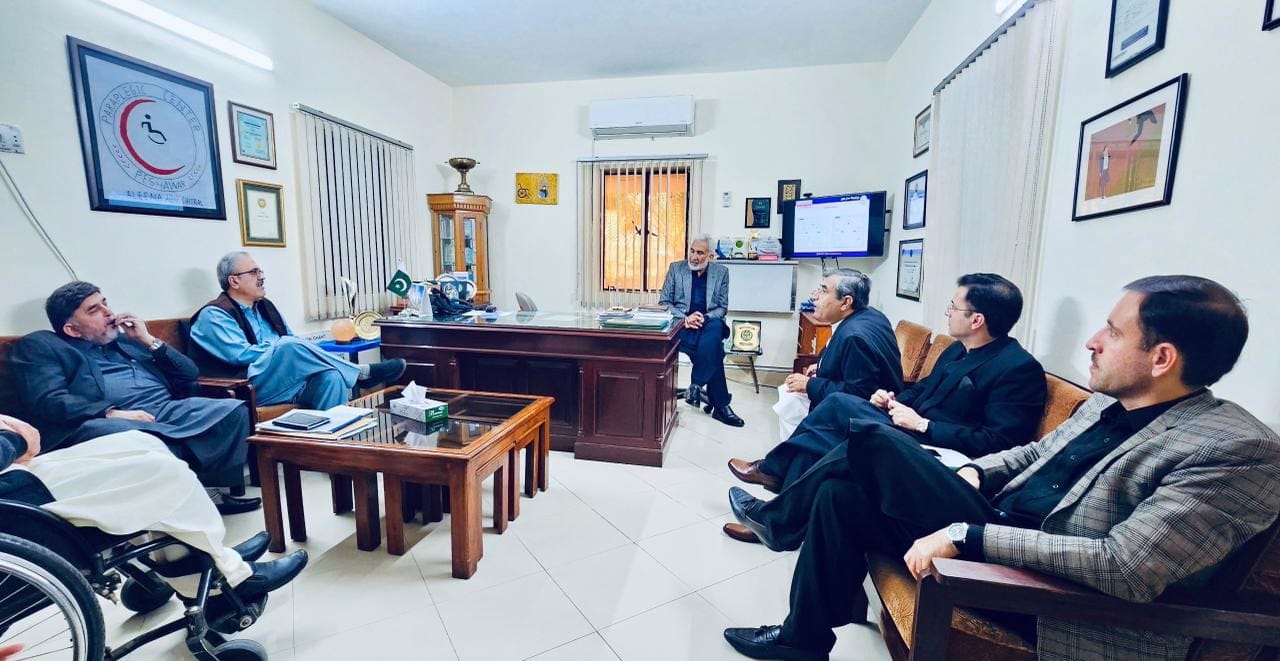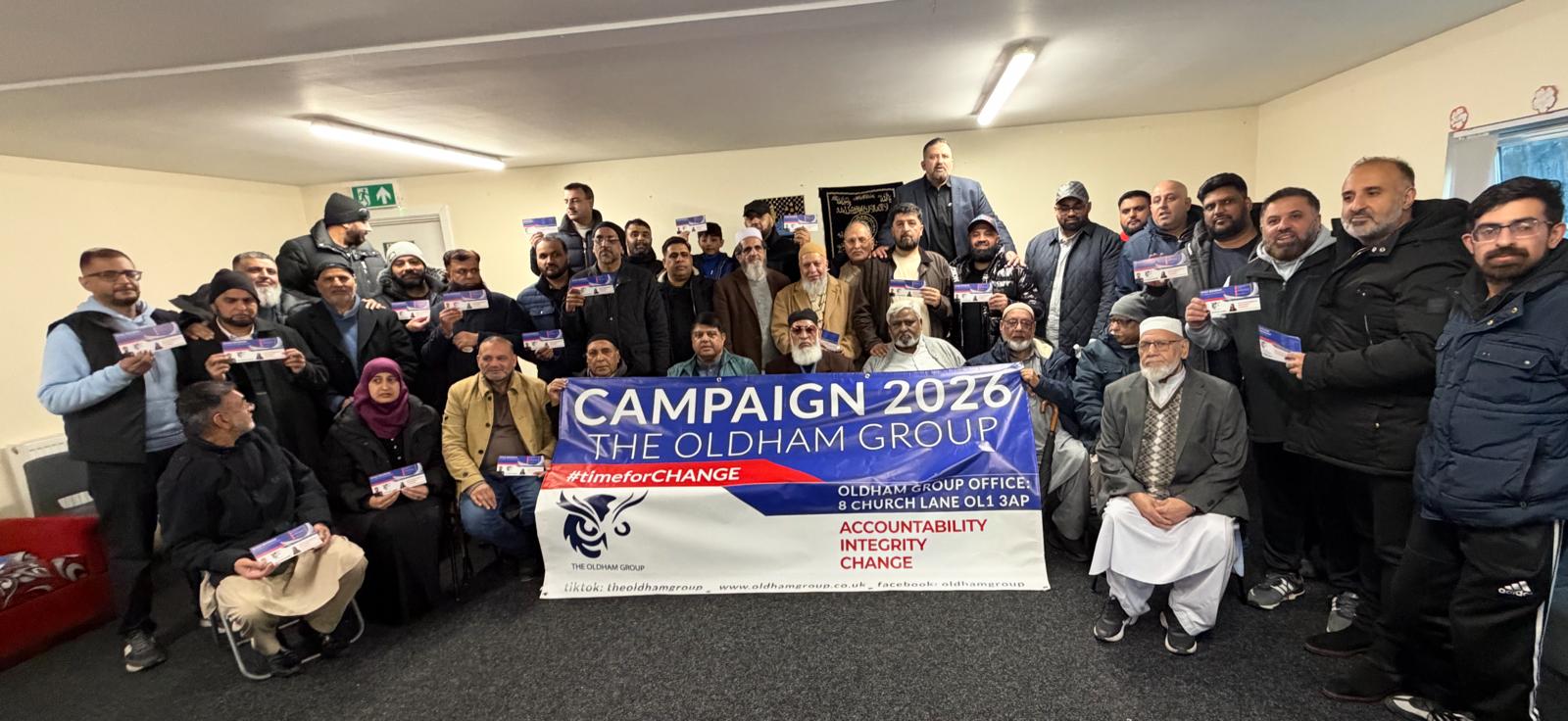By: Adnan Hassan
Dateline — Islamabad Pakistan is currently at a crucial turning point in its history. The economic burden has become unsustainable, government structures continue to weaken, and the political system has exceeded its operational lifespan. The real crisis is not the situation’s severity—but our constant refusal to face it.
For decades, the political elite ruled the nation, but their governance failed to provide stability or vision. Instead, it pushed Pakistan further into uncertainty. Two major political dynasties prioritized personal wealth over national interest—emptying the treasury, accumulating large foreign assets, and subjugating state policy to family power.
In the aftermath, former Prime Minister Imran Khan and his economic team negotiated poorly structured IMF agreements, whose disastrous consequences the nation bears today. The IMF’s latest report shows Pakistan drifting toward a dangerous cliff. If we keep ignoring the warnings, the coming years will push the state into deeper danger.
The global order is shifting. Power is moving from civilian institutions to security agencies and intelligence networks. Around the world, democratic rituals no longer shape geopolitics—strategic security and economic survival do. As warfare, technology, intelligence, and economic interests combine, military institutions in many regions have become key pillars of national decision-making.
Pakistan must adapt—or be overtaken by the tide of time.
At this pivotal moment, the one individual capable of providing Pakistan with principled, competent, globally connected, and effective leadership is Professor Dr. Gholam Mujtaba A dual-doctorate scholar, a respected Republican figure in the United States, a voice with influence within the Trump camp, and a seasoned advocate of Pakistan’s interests at the highest international levels—few leaders possess these combined strengths.
Although Pakistan’s institutions have not fully benefited from his expertise, Dr. Mujtaba, operating from the United States, has redefined Pakistan’s diplomatic outreach, community engagement, and national identity. Importantly, he has developed a framework to attract $200 billion in foreign investment—a potential game-changer for Pakistan’s economy.
Given the current situation, Pakistan cannot rely on traditional political governments. These actors have repeatedly put personal power and wealth above national stability. The moment calls for extraordinary action—an Economic and Reform Emergency overseen by the military.
Such a framework must create a competent, honest, globally connected caretaker administration—one that can
deliver immediate public relief take decisive economic actions implement structural reforms negotiate with global institutions in Pakistan’s interest restore functional governance
If such a caretaker leadership is to succeed, it must be led by Dr. Gholam Mujtaba. His global reach can unlock investment, diplomacy, and political stability. His networks in the U.S., Central Asia, and key regional nations can reshape Pakistan’s foreign policy. His connections with the Trump camp can influence Pakistan–U.S. relations significantly in the years to come.
Pakistan should now consider moving to a presidential system. The parliamentary setup has resulted in political bargaining, manipulation, and hereditary dominance. A country in crisis needs strong, stable, and responsible leadership—not a failed system that has brought Pakistan to this point.
Institutional reform, judicial cleansing, elimination of corrupt elements, regulation of foreign-funded NGOs, and restrictions on pseudo-religious and political groups—these are essential pillars for national revival. Such reforms are beyond the capacity of political governments; they require a disciplined state structure and honest leadership.
Ultimately, the responsibility—and the decision—lies with Field Marshal General Syed Asim Munir. History urges him to choose whether Pakistan will stay hostage to the same failed political figures or rise with a new system, fresh leadership, and a new direction.
Time is running out. The stakes are high. History waits for no one.
Pakistan still has a viable way forward—and that way is led by a principled, disciplined, globally connected, and genuinely committed leader like Dr. Gholam Mujtaba. The country must decide today. Tomorrow could be too late.
Discover more from UGNEWS
Subscribe to get the latest posts sent to your email.











Leave a Reply